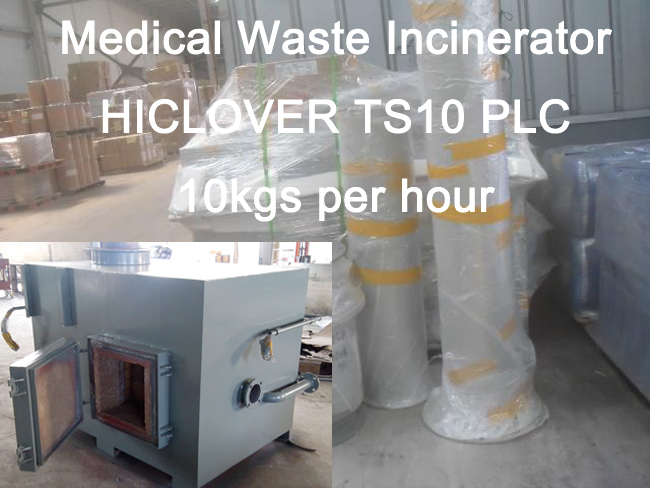As the world’s population continues to grow at an unprecedented rate, waste management in urban environments has become an increasingly pressing issue. With more people living in cities than ever before, the amount of waste being generated has multiplied, posing significant challenges for municipalities. However, with the right strategies and technologies in place, these challenges can be tackled effectively.
One of the primary challenges of waste management in urban environments is the sheer volume of waste being produced. As cities continue to grow, so does the amount of garbage that needs to be collected, transported, and processed. In many cases, existing waste management systems are simply unable to keep up with the pace of urban development, leading to overflowing landfills, illegal dumping, and environmental pollution.
Another major challenge is the diversity of waste streams in urban environments. In addition to traditional household garbage, cities also have to deal with commercial waste, construction and demolition debris, and hazardous materials. Each of these waste streams requires a different approach to collection, transportation, and disposal, making the task of waste management even more complex.
Furthermore, the issue of limited space for waste disposal is a significant challenge in urban environments. Landfills are quickly reaching capacity, and finding new sites for waste disposal is becoming increasingly difficult. This has led to a renewed focus on recycling and waste-to-energy technologies as alternatives to traditional landfill disposal, but implementing these solutions on a large scale is no easy feat.
In order to address these challenges, cities around the world are exploring innovative approaches to waste management. One such approach is the implementation of smart waste management systems, which use sensors and data analytics to optimize waste collection routes and schedules. By using real-time data to track waste levels in bins and containers, cities can reduce the frequency of collection trips, saving time and resources.
Additionally, many municipalities are investing in technologies that enable more efficient waste processing and disposal. This includes the use of advanced recycling facilities that can sort and process a wider variety of materials, as well as waste-to-energy plants that can convert organic waste into renewable energy. These technologies not only help to reduce the volume of waste going to landfill, but also contribute to the creation of a more sustainable urban environment.
Collaboration between government, industry, and the public is also key to addressing the challenges of waste management in urban environments. By working together, stakeholders can develop comprehensive waste management strategies that prioritize waste reduction, recycling, and responsible disposal. This may involve implementing policies to promote recycling and composting, as well as providing education and outreach programs to raise awareness about the importance of proper waste management.
In conclusion, waste management in urban environments is a complex and multifaceted issue that requires a coordinated and holistic approach. As the world’s population continues to grow, the challenges of waste management will only become more pronounced. However, by embracing innovative technologies, implementing smart waste management systems, and fostering collaboration, cities can overcome these challenges and create a more sustainable future for urban waste management.



